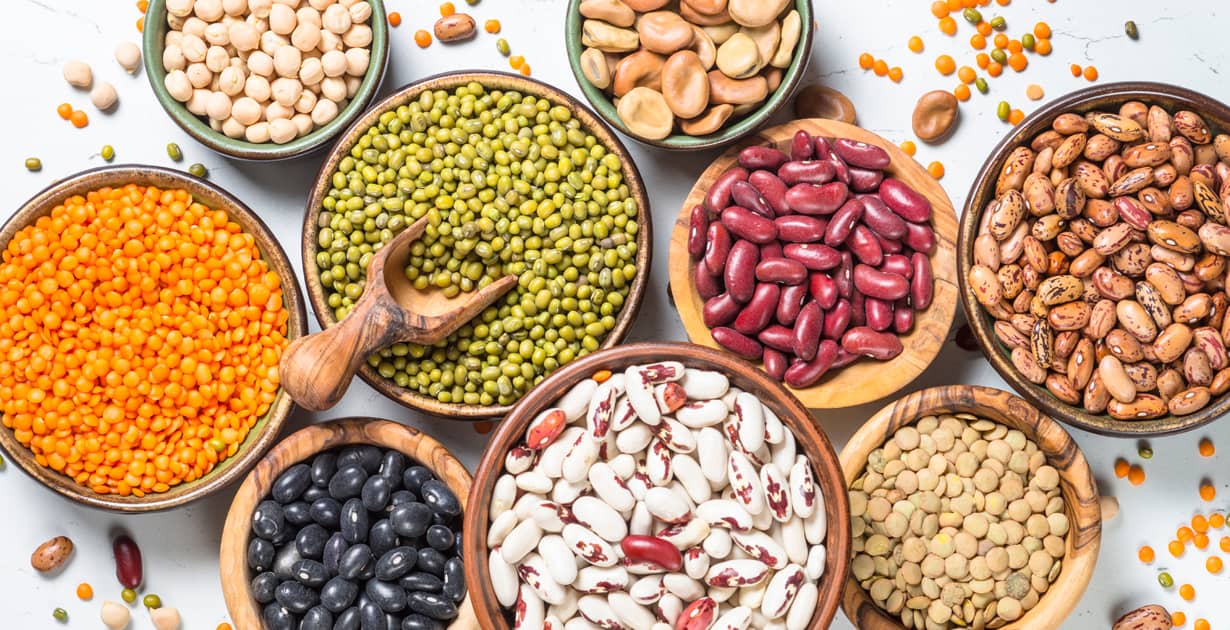 Scientists have long known that nodulation is important to plant health. Nodulation occurs when nodules, which form on the roots of plants (primarily legumes), form a symbiotic relationship with nitrogen-fixing bacteria that deliver nutrients to the plant.
Scientists have long known that nodulation is important to plant health. Nodulation occurs when nodules, which form on the roots of plants (primarily legumes), form a symbiotic relationship with nitrogen-fixing bacteria that deliver nutrients to the plant. This process is a key part of sustainable agriculture and makes legumes an important source of protein for much of the world. However, recent research from RWTH Aachen University shows that nodulation might positively impact the plant's microbiome in other ways.
This research, published in Molecular Plant-Microbe Interactions in September, explored the relationship between nodulation and systemic resistance, the process through which plants protect themselves against pathogens. Focusing on pea and Medicago truncatula (a legume native to the Mediterranean), the scientists discovered that nodulation primes these plants to accumulate higher levels of salicylic acid after powdery mildew attack, a plant hormone that contributes to defense against biotrophic invaders that feed off the host plants.
Additionally, this research showed that after undergoing nodulation, these plants show a greater resistance against powdery mildew, a fungal disease that displays white powdery spots on the leaves and stems of plants. The scientists hypothesized that this might be directly connected to the increased levels of salicylic acid.
"While our work is basic research, it is knowledge that contributes to our understanding of plant defense and plant nutrition, which will be helpful in shaping sustainable agriculture," says leading author Hannah Kuhn, who adds, "Most of the lab work was done by undergrad students. I am very proud of their engagement and the intellectual impact that they gave to enable the project."









No comments:
Post a Comment